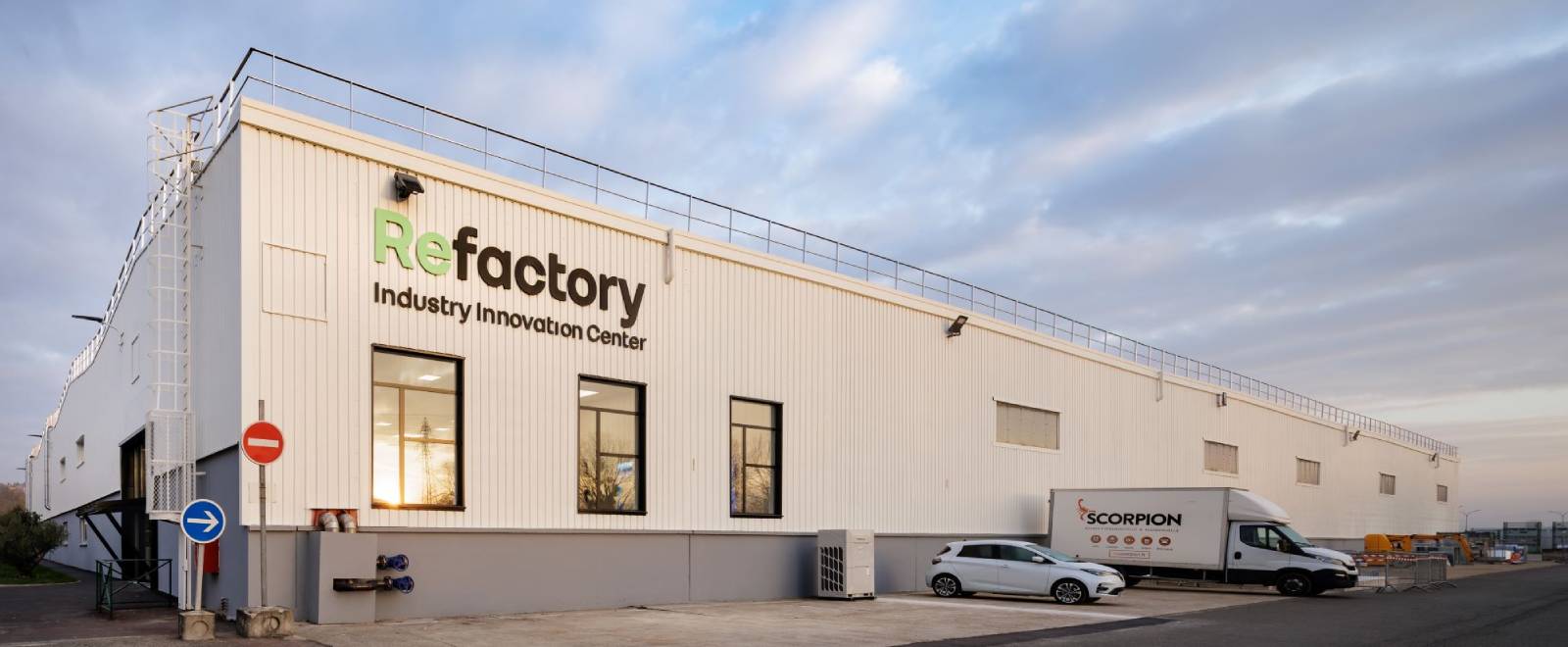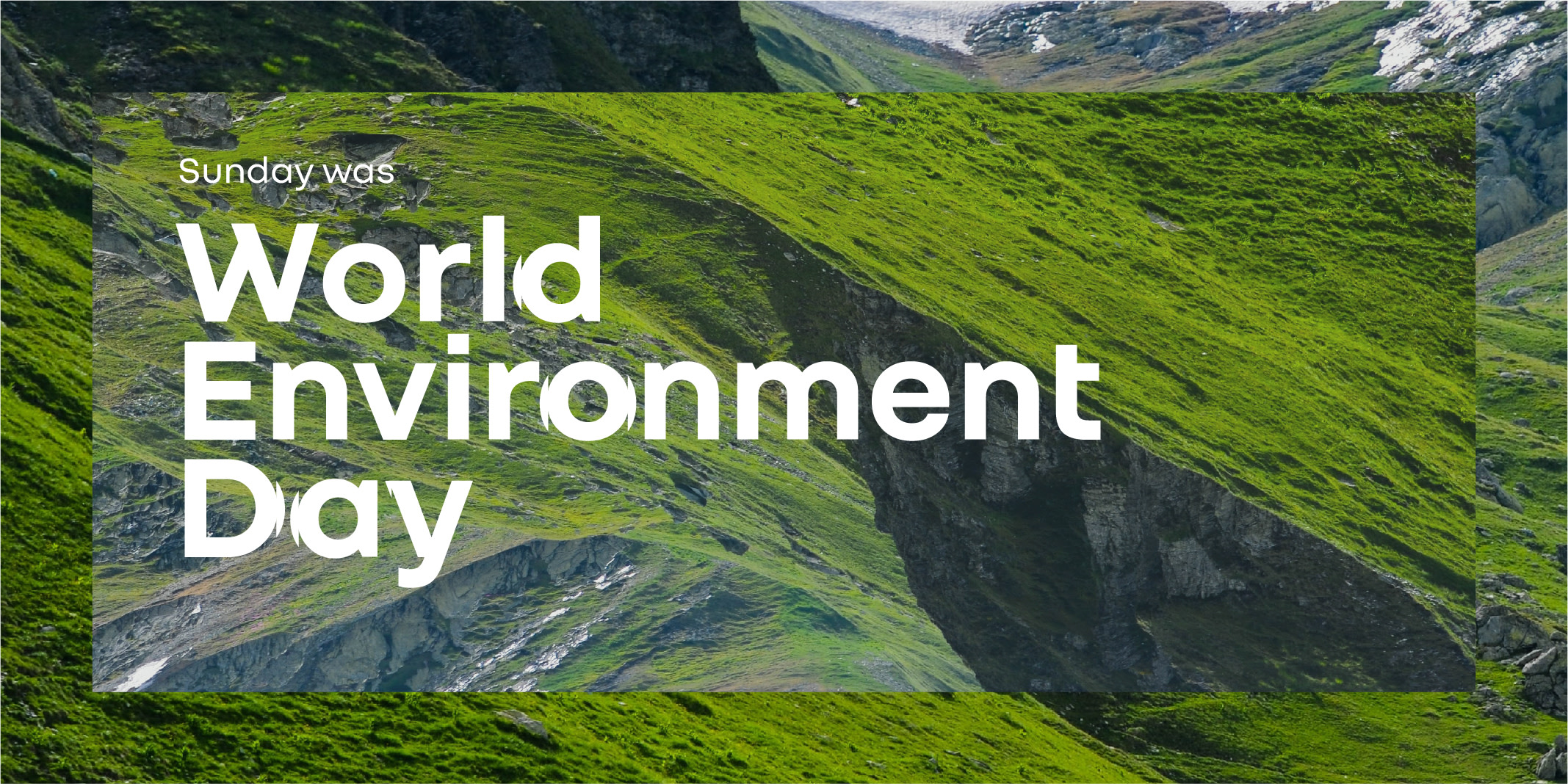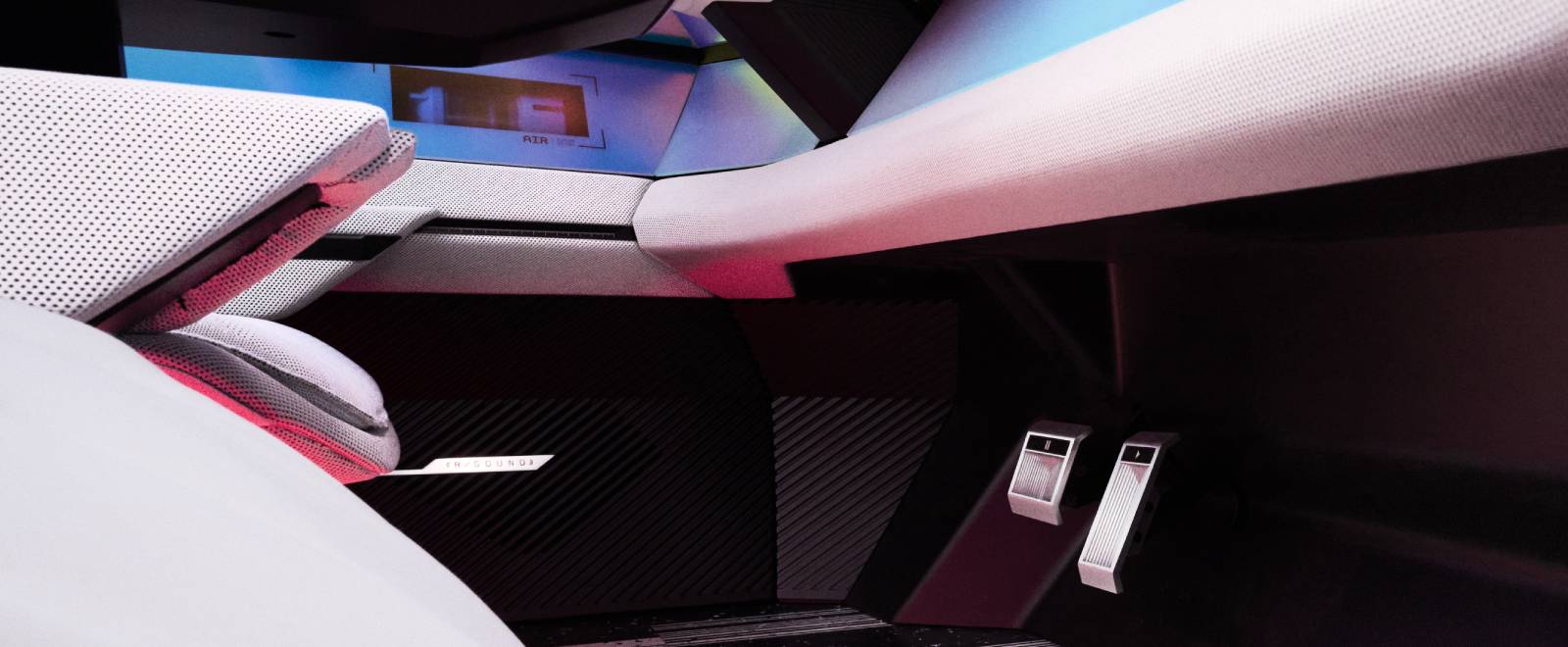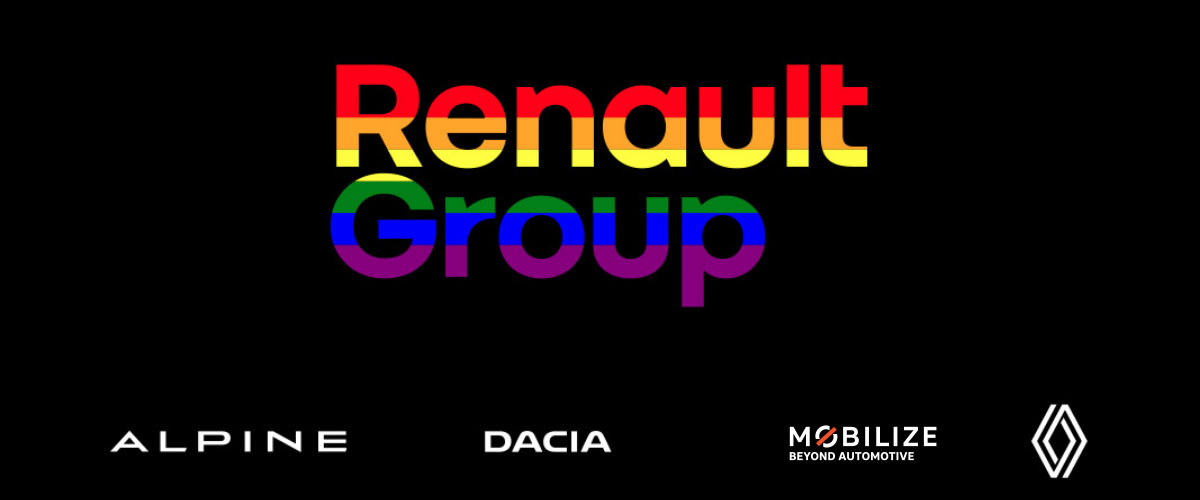A decarbonization hackathon for Renault Group plants
Renault SA

The environmental transition is often described as a marathon, not a sprint. Nonetheless, Renault Group has accelerated the pace by hosting its first industrial decarbonisation hackathon on-site at the Flins Refactory.
On November 23, the sun was just rising at Renault Group's iconic Flins site when the shuttle bus from Paris arrived, carrying approximately 100 contestants. To get to the hackathon room, participants were thrown right into factory life, walking down wide aisles and past assembly lines where workers were already operating machinery. Bringing innovators and industry together was just one of the Hackathon CO2 Industry's focuses, and this image perfectly represents Renault Group's technological turning point as it pivots to a "tech-industry" model. Finally, the goal of modernizing the industrial landscape is inextricably linked to the goal of decarbonization.
This was the central focus of this unprecedented hackathon, which was held within the plant itself: bringing stakeholders from various sectors together to collaborate on solutions to decarbonize industrial sites. Introducing new and innovative practices into the industry Hackathon CO2 Industry participants included not only over 30 companies and start-ups (mostly from the energy, digital, education, and industry sectors), but also students - a first for the industry.
Open innovation is not limited to start-ups. The industry is also undergoing extensive change in order to reinvent itself and anticipate the future. This collaborative challenge, organized with the help of Startup Inside, a specialist in open innovation, artificial intelligence, and intrapreneurship, breaks all the rules and replaces them with new plant-working methods. Damien Gromier, the CEO and Cofounder of Startup Inside, is experienced in organizing such events.
He emphasized the one-of-a-kind nature of this hackathon, which was organized by an industrial stakeholder with the goal of reducing carbon emissions. This one-of-a-kind hackathon clearly demonstrated open innovation, as 30 companies and start-ups were brought together in 13 teams to find solutions to reduce CO2 emissions from plants. It also demonstrated the importance of collaboration in achieving these goals. Damien Gromier, mber's CEO and Cofounder
Collaboration with the cloud Participants were divided into 13 project teams and given three days to create tangible solutions based on five distinct themes: Using less energy in industrial facilities Improving the thermal performance of buildings Increasing the production of low-carbon heat Accelerating digital transformation to improve energy efficiency Developing new, more sustainable industrial models Each project had to make use of cloud technology provided by Google Cloud, an event partner as well as a partner in Renault Group's industrial transformation. This technological collaboration encompasses a number of projects, including the creation of an artificial intelligence-based software agent aimed at reducing data center energy consumption so that it can be reinjected into plant paint workshops. These AI solutions have the potential to reduce plant energy consumption by up to 20%.
Google is passionate about sustainable development and has long used its technologies in climate initiatives. Renault Group and Google Cloud share a vision for sustainable development, and we are proud to support the advancement of innovative and ambitious projects that will help decarbonize our future.
Jacqueline Pynadath, Google Cloud EMEA Director of Sustainability and Innovation, Four hackathon projects will be implemented at Renault Group as early as 2022. After three days of intense brainstorming and advice from the numerous experts and mentors on hand, contestants had exactly four minutes to pitch their projects and win over a jury comprised of Google Cloud and Renault Group executives. But that's not all: there was a sizable public turnout, with 150 people in attendance and hundreds more watching online. The Alpine F1 Team sustainable development team served on the jury that awarded additional prizes in the name of the brand, including the audience award and a special prize for the most innovative project.
The jury was expecting to recognize three projects but, during its deliberations, chose two teams as joint winners of the third prize - so four projects, rather than three, will be implemented in plants soon! The following are the winners: First place: Team No.3's "Kairos" project, which involves creating a digital platform to optimize the start-up and shutdown times of paint drying ovens. This solution would generate an additional €230,000 in electricity for the Douai plant each year, and the project could be expanded to other facilities.
First place: Team No. 3's "Kairos" project. Second prize: Team No.11's "CO2 Advisor" project, which involves developing a tool to measure CO2 emissions from manufacturing activities in real time. This application would provide operators with a better understanding of their workshop's energy consumption.
Second place: Team No.11's project "CO2 Advisor." Team No.4 received a joint third prize for their project "Adjust'Air," which involved developing a technical solution to optimize ventilation and air filtration systems in manufacturing facilities. This tool would allow for a threefold reduction in energy consumption from air extraction.
Third place was shared by Team No.4's "Adjust'Air" project. Team No.6 - "Sieren" project: developing a dashboard to model and monitor plant electricity consumption, as well as incorporating meteorological parameters and energy consumption into plant schedules.
Project "Sieren" by Team No.6
A boost for low-carbon technologies With this hackathon, Renault Group demonstrated that a new type of collaboration between major industry stakeholders, start-ups, and students is possible - and at a factory, no less! The Group serves as an emulator, allowing these various participants to gain traction in the "tech-industry" landscape. This is a new, value-creating industrial landscape in which industry titans like Google are supporting the development of decarbonisation projects like those chosen at the end of the hackathon. The launch of an open innovation competition, such as Hackathon CO2 Industry, has also provided a boost to the transformation of industrial sites, providing us with a glimpse of a more sustainable and collaborative environment where open innovation and technology can create a new dimension for industry.
Factories at the forefront of carbon-cutting innovation This year, Renault Group unveiled its new environmental strategy, which includes an ambitious timeline for reaching carbon neutrality at its European plants and halving its global CO2 emissions by 2030. To that end, it intends to make infrastructure decarbonisation a major driver of its transformation, assisting the Group in meeting its climate targets.
However, this is not a new issue; for more than a decade, a number of Renault plants around the world have been making significant progress in this area. Tangier, Morocco, is a prime example, having already fully decarbonised through its zero CO2 emissions and zero industrial effluents strategy, which was implemented in 2010. The plant’s success can be summed up in two figures: over 90% of its energy comes from renewable sources, avoiding the emission of 100,000 tonnes of CO2 every year.
Furthermore, a strategic partnership with Iberdrola was signed in 2021 to launch projects in Spain and Portugal to reduce Renault Group's CO2 emissions and energy consumption. For example, the Seville Refactory in Spain, which is similar to the Refactory in Flins, opened its doors in November, allowing the country's circular economy activities to grow.
Furthermore, the three French plants that comprise the ElectriCity hub - Douai, Maubeuge et Ruitz - and the Cléon plant will become carbon neutral by 2025. Finally, the Refactory in Flins, France, recently celebrated its first anniversary. The plant commemorated the occasion by launching 'Factory VO,' an on-site facility specializing in reconditioning used vehicles to extend their life cycle and allow them to travel over 1 million kilometers!
Source: Renault group newsroom




